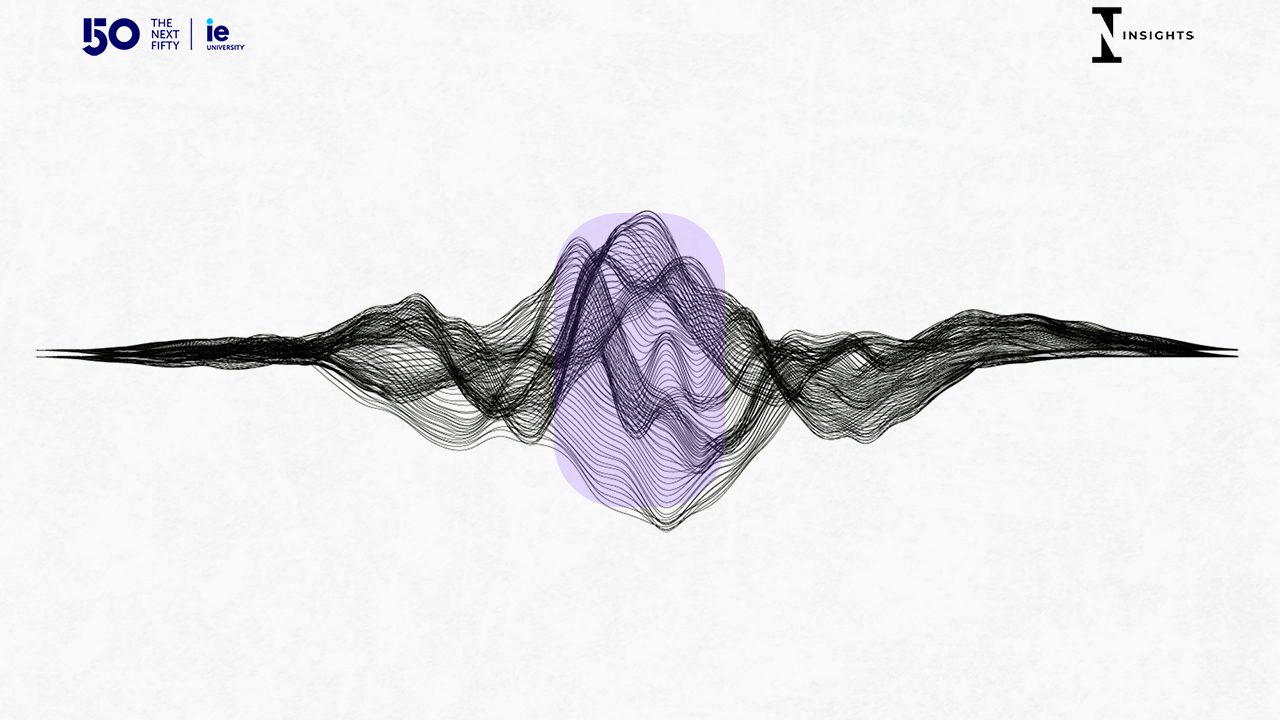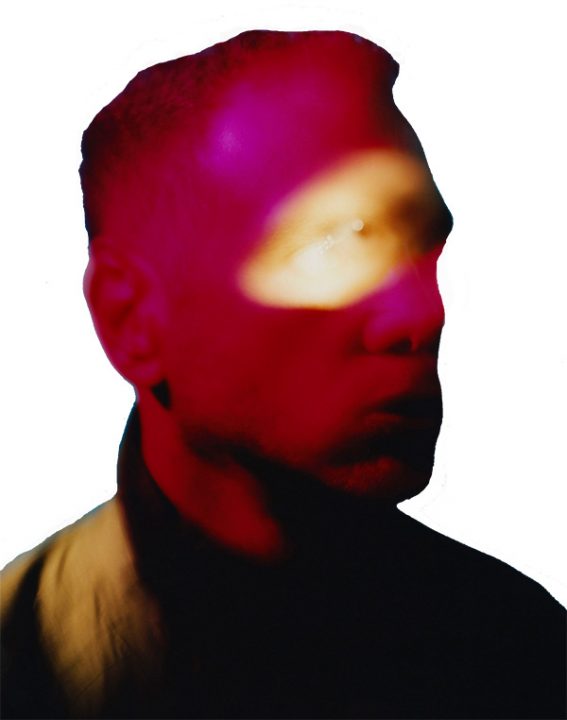Link copied
IE insights - IDEAS TO SHAPE THE FUTURE - Creativity

Music in the Age of Technology
Despite technological advances, the human will remain at the center of music.
Music as an art form has always been driven and furthered by innovation. From the microphone in the late 1800s to the electric guitar in the 1930s, from the popularization of analog synthesis in the 1970s to samplers in the 1980s and digital audio workstations in the 1990s, and most recently, the internet and social media over the past 20 years, all these innovations have contributed to democratizing music. Today, there is more music being recorded and released than ever before, with reports stating that 60,000 tracks are now uploaded to Spotify every day.
So, what does the future of music hold? The emergence of artificial intelligence (AI) into the public realm has been a much-discussed and divisive topic in the audio-visual world. Over the next few years, the impact of generative adversarial networks (GANs), which can create new music by analyzing existing compositions and using that data to generate entirely new pieces, will be felt. This impact will hit hardest for commercial and advertising composers the most, as it will make unique yet derivative music instantly and cheaply available at the touch of a button. In terms of music as art, it will raise discussions on copyright and plagiarism, as AIs learn through analyzing artists’ discographies and back catalogs to reproduce songs “in the style of…”. Therefore, AI is likely to cause a reactive resurgence in artists playing live instruments in live settings as the audience places more value on something that is “human.”
In addition to live instruments, I see electronic music moving towards a more multimedia arena, with a popularization of music installations that incorporate many different mediums, including sound, video, light, and virtual reality, to create a fully immersive experience. We are already seeing a prominence in “virtual reality” nightclubs and concerts, where artists and audiences congregate online to experience a live music broadcast in a virtual environment, and this will only expand.
Advances in technology will signal an even more significant increase in the volume of music being created, so there will be more reliance on “experts” or “tastemakers” to filter out what is deemed “good”, as opposed to a reliance on algorithms which cannot make value judgments. This is something that is already prominent, through mediums like Spotify playlists, and this concept will only increase in importance as technology develops.
Music, like all art, is a reflection and reaction to wider developments, good and bad, in other spheres of society. The changes in politics, economics, and social interaction will continue to influence the direction music moves in, but despite technological advances, the human will remain at the center of the art form.
© IE Insights.
